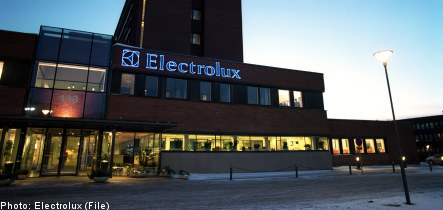“The appliance market in the fourth quarter of 2011 remained very competitive. The headwinds of price pressure, higher raw-material costs and weak demand grew stronger as the year progressed,” chief executive Keith McLoughlin said in a statement.
He said these factors negatively impacted earnings by three billion kronor ($445 million).
Net profit for the full-year came in at 2.06 billion kronor, down from 3.99 billion a year earlier.
For the fourth quarter, net profit fell by 68 percent to 220 million kronor, far below the 476 million forecast by analysts surveyed by Dow Jones Newswires.
Electrolux’s share price was nonetheless up by 1.54 percent on a Stockholm stock exchange that was flat in midday trading.
The Swedish company is the the world’s second-biggest maker of household appliances behind US group Whirlpool.
“While we expect the trend going forward to shift in a more positive direction in the form of gradual improvements in prices, mix and lower costs, we do not anticipate that demand in mature markets will recover in the first half of 2012,” McLoughlin said.
“However, there could be a certain degree of improvement in the US market by the end of 2012, supported by a modest growth in the housing market,” he added.
The group said it expected demand in Europe to be stable or shrink slightly — by up to two percent — this year.
It also predicted rising costs for transport, which “makes it even more important to be successful with our price increases.”
For the full-year 2011, sales slipped by 4.4 percent to 101.6 billion kronor, but rose by three percent in the fourth quarter to 28.3 billion, which was higher than the 27.9 billion expected by analysts.



 Please whitelist us to continue reading.
Please whitelist us to continue reading.
Member comments